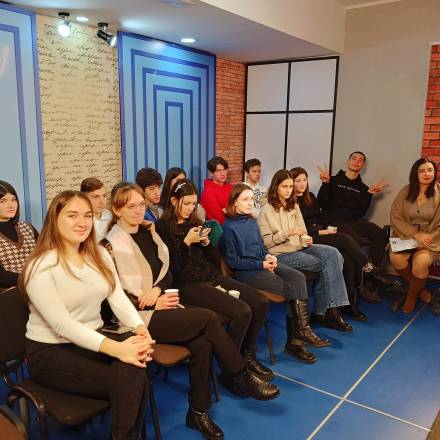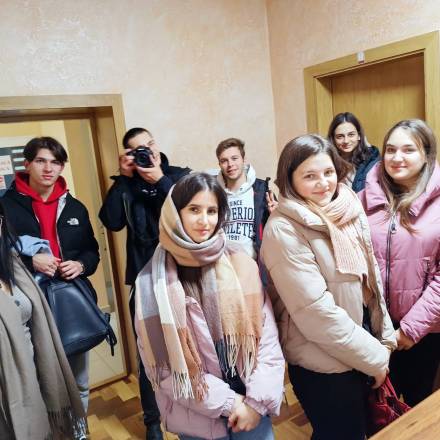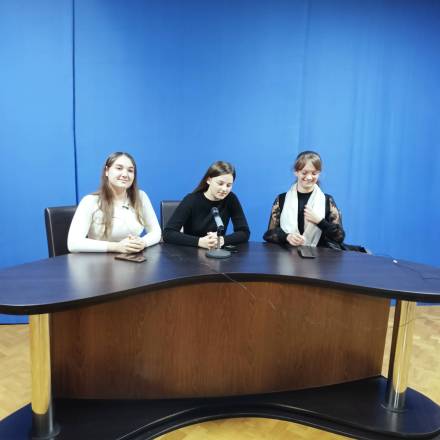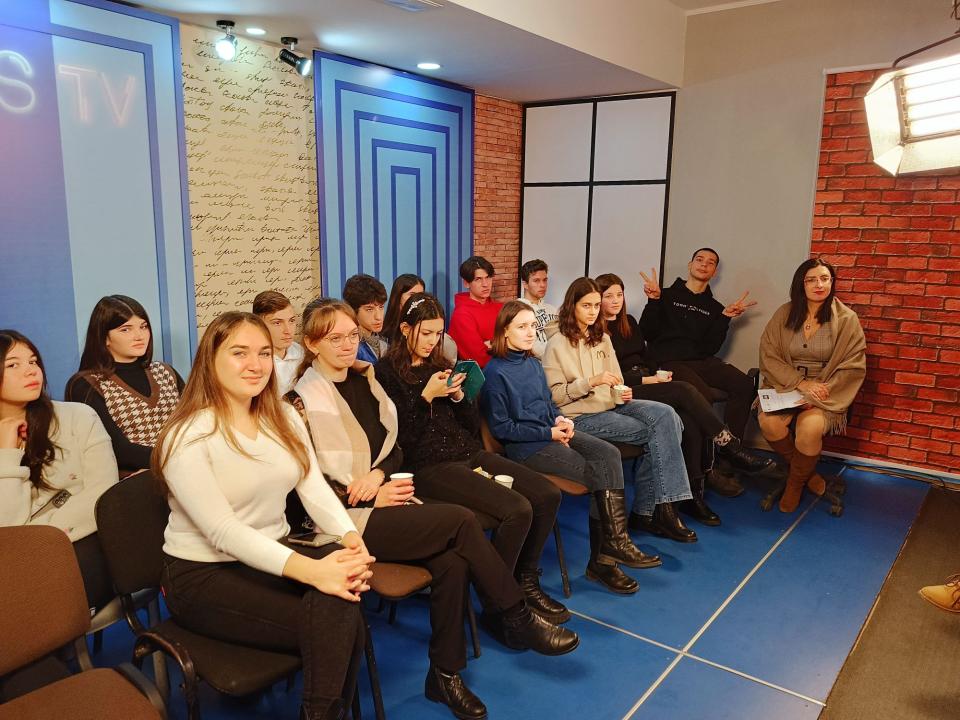




A project on media literacy and critical thinking development was successfully completed in Cahul by the Regional Center for Community Development.
Over a period of 6 months, team members traveled to localities in 3 districts with film screenings as part of the Documentary Film Caravan. Fourteen screenings of seven licensed documentary films covering various social themes of general interest to both young people and other age groups reached over 400 beneficiaries. Each screening was followed by open discussions on the topic of the film and led to debates on various issues of social interest.
The screenings took place within the project “Resilience of Civil Society and Media Response to the War in Ukraine,” aimed at developing critical thinking toward media propaganda and promoting a culture of identifying biased information in both printed and online media.
The project was implemented by the Regional Center for Community Development in Cahul, and its key activities included:
All of these efforts contributed to developing a high level of informational culture among the younger generation, increasing awareness among youth and teachers about the consequences of sharing erroneous information, and fostering a deeper understanding of the role that media plays in our lives. Additionally, the project supports understanding how disinformation works in the online environment—whether through the media or via social networks used by various individuals.
The organization’s initiative is part of the regional project “Resilience of Civil Society and Media Response to the War in Ukraine,” funded by the European Union in the Republic of Moldova and implemented in partnership with the Prague Civil Society Centre and the Netherlands Helsinki Committee.